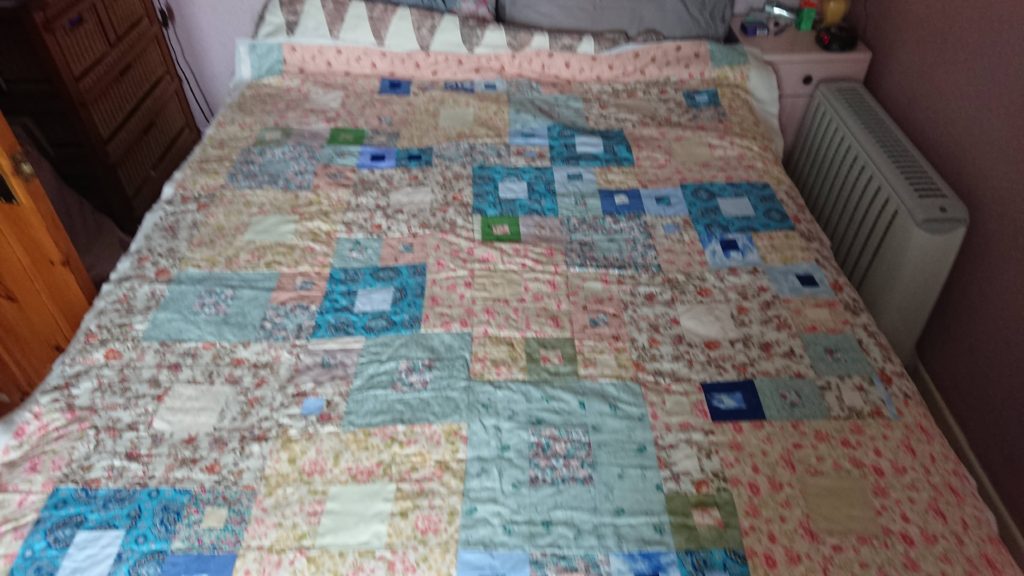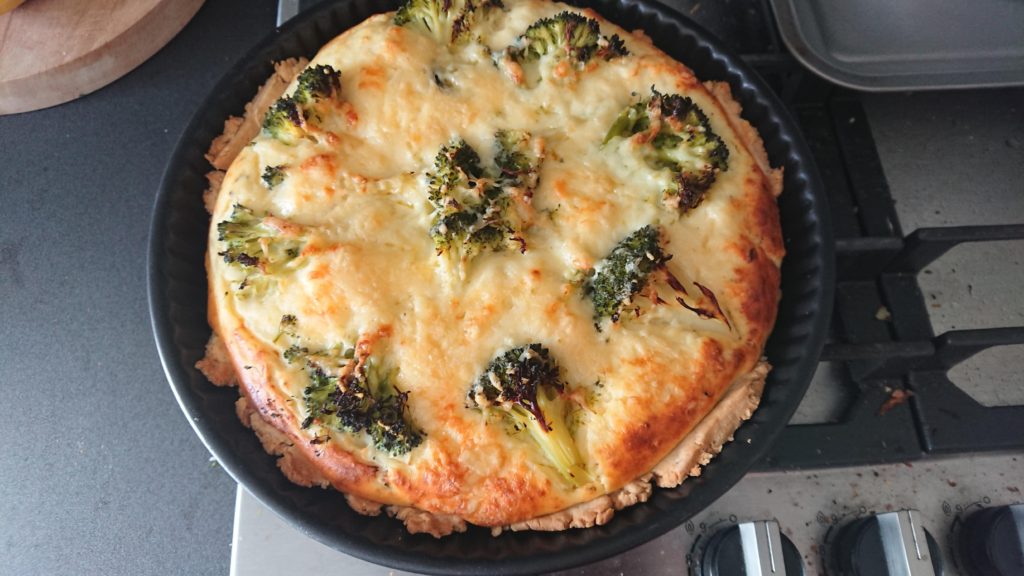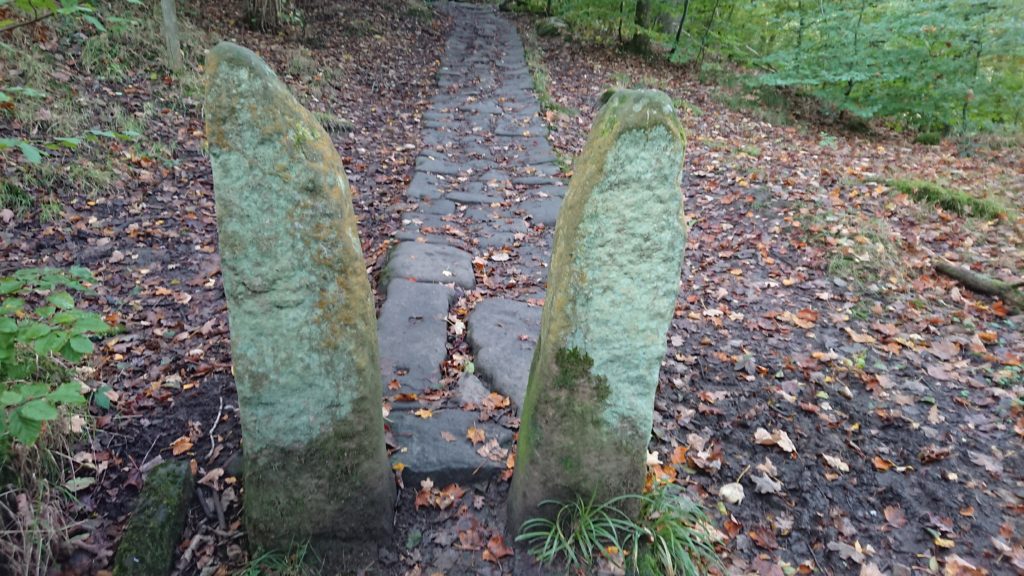Dear Benedict
We’re approaching All Saints and All Souls, an extended autumnal feast to remember those who have gone before us in the faith. I’m not clear how this would have worked in your day, as there were many fewer official saints. However, you consider saints important to Benedictine spirituality and mention them in chapter 14, so that’s why I’m writing to you about that now.
Saints are just one of the things that still divide Christians today. We have our different views about who are worthy to be called Saints, who can appoint them, how we should remember them and much more. One person’s Saint is not necessarily another’s.
However, it’s clear that there are many people who through the generations have kept the faith alive in many ways and who we remember for diverse different reasons. Some are associated with a place or cause, some are more like common ancestors in the faith or beloved family members. Even you get to be a Saint, Benedict! I’ve no idea how you’d receive that, except of course I’m sure it would be humbly.
One of the biggest problems with the faith is the urge in us to cart our history about with us, and when it becomes too much to carry, to set it down somewhere and continually revisit it. Sometimes this is helpful. It can inspire and enliven us, but it can also bog us down, distract us and take up too much of the energy we need for living the faith today.
Our churches and religious places are not museums. They are supposed to be beacons: a means of lighting out way. So too the Saints: people to propel us forwards.
Speaking personally, there are a vast number of people who do that faith propulsion thing for me. Some are those the Church recognises as official saints, but most are just ordinary people that I might read about or meet. I chose Scholastica as my running mate for many different reasons. As your twin she was connected to you, but like me she was female. However, in our day, very little is known about her directly and few, if any, of her actual words survive. That much of her story is familiar to the lot of many women in the early era of the Church.
What has been passed on about her was that she was feisty and ready to question you. It’s good to know that. I’d add to her name a whole list of others beginning with Julian of Norwich, Florence Nightingale and Madge Saunders. You can read a piece I wrote about Madge in the Dangerous Women Project.
So I wish you a happy feast, with which ever Saints keep you alive in the faith.
From the remembered bible: Let us run the race that is before us!
Keep me alive in my faith!
From a Friend of Scholastica and a Member of the Lay Community of St Benedict.



